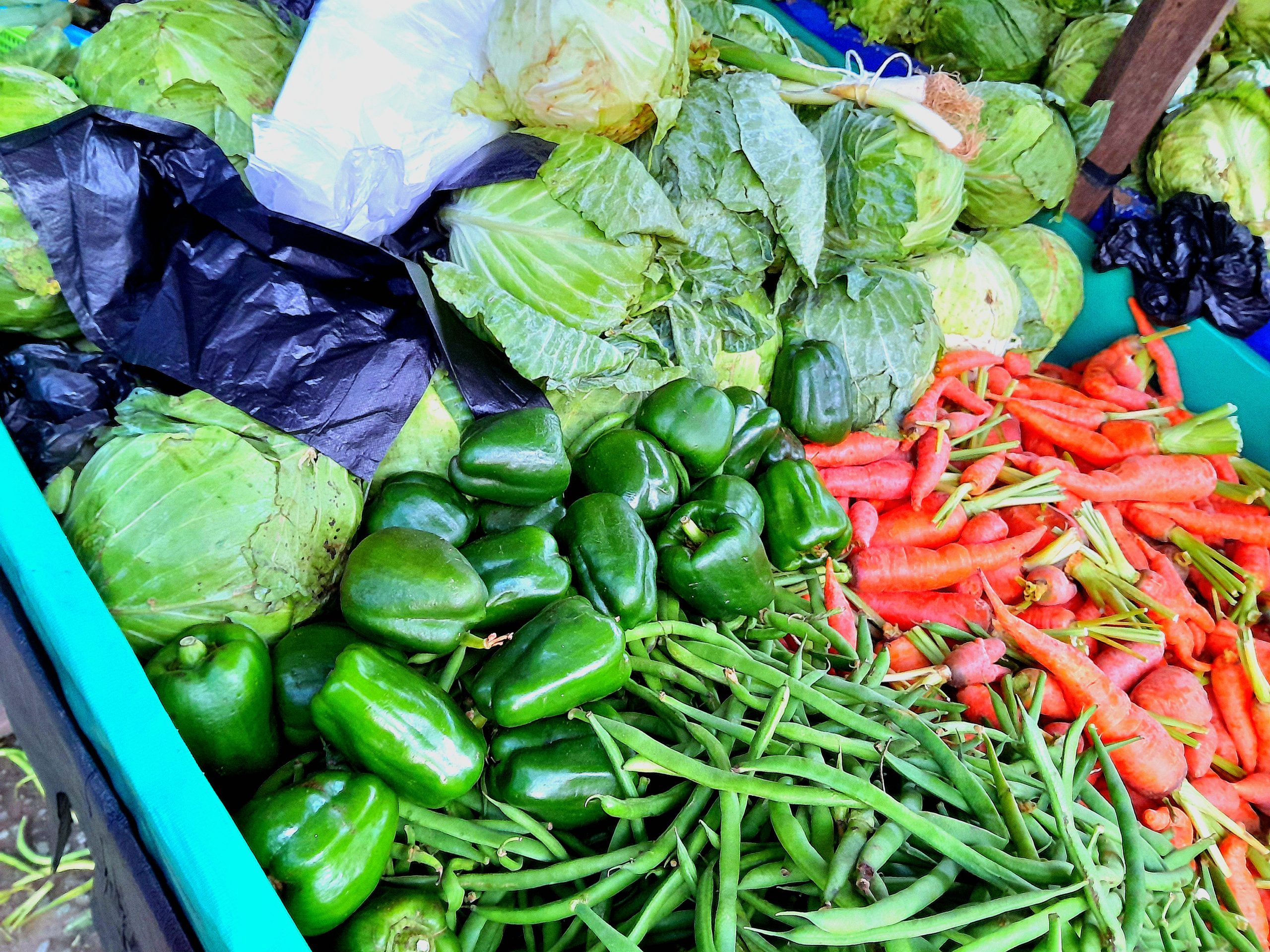With its vast arable land and favorable climate, Nigeria is uniquely positioned to become an agricultural powerhouse. However, despite these natural advantages, the country’s agricultural productivity falls short of its potential. Biotechnology offers a promising solution to bridge this gap, transforming Nigeria’s agricultural sector by enhancing crop yields, improving food security, and ensuring environmental sustainability.
Nigeria’s population is on a rapid growth trajectory, expected to surpass 400 million by 2050. This growth poses a significant challenge: feeding a larger population with the same or dwindling agricultural resources. Currently, food insecurity is a pressing issue, with millions of Nigerians lacking access to sufficient and nutritious food. Biotechnology can address this challenge by developing high-yield crops suited to Nigeria’s diverse agro-ecological zones. Genetically modified (GM) crops, for instance, can be engineered to achieve higher yields, resist pests, and endure harsh environmental conditions, thereby ensuring a more stable and abundant food supply.
Climate change further threatens agriculture in Nigeria. Erratic rainfall, rising temperatures, and extreme weather events like floods and droughts are increasingly common, making traditional farming methods less reliable. Biotechnology can help Nigeria adapt to these changes by developing crops that are more resilient to varying climate conditions. For example, drought-resistant and flood-tolerant crops can be created to help farmers maintain high yields despite adverse weather, which is crucial for sustaining agricultural productivity.
Nigeria’s agriculture also heavily depends on chemical fertilizers and pesticides, which can harm the environment and human health. Overuse of these chemicals degrades soil quality, contaminates water sources, and reduces biodiversity. Biotechnology offers an alternative by developing crops that need fewer chemical inputs. GM crops resistant to specific pests can reduce the need for pesticides, while nitrogen-fixing crops can lessen dependence on chemical fertilizers. This approach promotes more sustainable farming practices and reduces environmental impacts.
Agriculture is vital to Nigeria’s economy, providing employment to a significant portion of the population and contributing substantially to GDP. However, low productivity and outdated practices hinder the sector’s performance. By embracing biotechnology, Nigeria can boost agricultural productivity, increasing farmers’ incomes and enhancing economic contributions. Improved productivity could also reduce reliance on food imports, conserving foreign exchange and improving the trade balance. Additionally, producing surplus food could position Nigeria as a major agricultural exporter, further driving economic growth.
Malnutrition, especially among children and vulnerable groups, remains a serious issue in Nigeria. Biotechnology can address this by enhancing the nutritional content of staple crops. Biofortification can engineer crops to contain higher levels of essential vitamins and minerals, such as vitamin A, iron, and zinc. Nutritionally enriched crops, like vitamin A-fortified cassava and rice, can combat micronutrient deficiencies and improve public health. This approach could significantly reduce conditions like vitamin A deficiency, which is a leading cause of preventable blindness in children.
In summary, biotechnology holds the potential to revolutionize Nigerian agriculture, tackling food insecurity and fostering a more sustainable and prosperous future for the nation.





